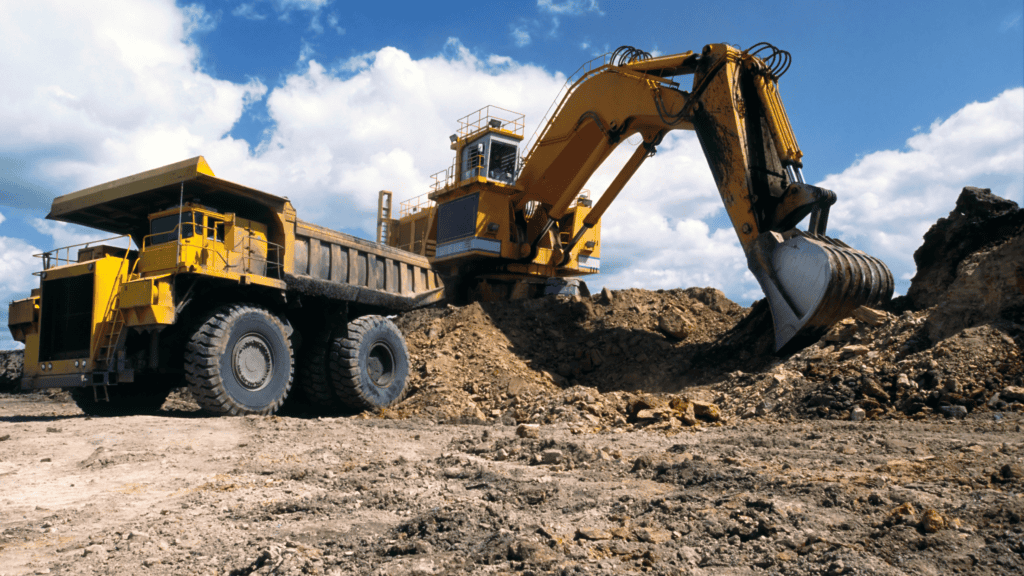The construction industry has always been on the lookout for ways to increase efficiency and reduce costs while ensuring quality output. The advent of autonomous equipment has provided a game-changing solution to these challenges. Autonomous equipment, also known as self-driving or unmanned equipment, is becoming increasingly popular in the construction industry. These machines are equipped with advanced technology, such as sensors, GPS, and artificial intelligence, which allow them to perform tasks with minimal human intervention.
The impact of autonomous equipment in the construction industry has been significant. One of the main benefits is increased efficiency. Autonomous equipment can work 24/7 without needing breaks or rest, allowing projects to be completed faster. This reduces project duration, lower labor costs, and increases profitability for construction companies.
Another advantage of autonomous equipment is increased safety. The use of these machines minimizes the risk of accidents and injuries to workers. Construction sites are often hazardous; accidents can lead to delays and increased costs. Autonomous equipment can eliminate these risks, making construction sites safer for workers.
Autonomous equipment can also improve quality output. These machines are equipped with sensors that can detect and correct errors in real-time, ensuring that tasks are completed with a high precision. This leads to better quality output, fewer errors, and increased customer satisfaction.
The impact of autonomous equipment in the construction industry is significant. It has revolutionized how construction companies operate, increasing efficiency, safety, and quality output. The use of autonomous equipment also positively impacts the environment, making it a win-win for all stakeholders. As technology advances, we can expect to see even more autonomous equipment advances in the construction industry.










